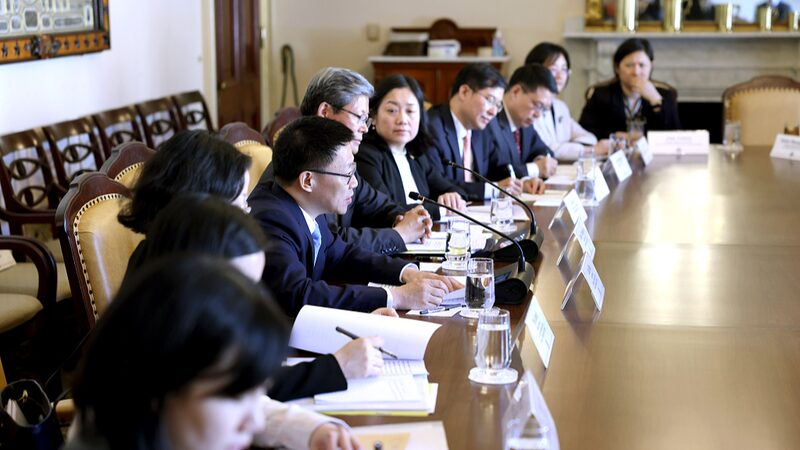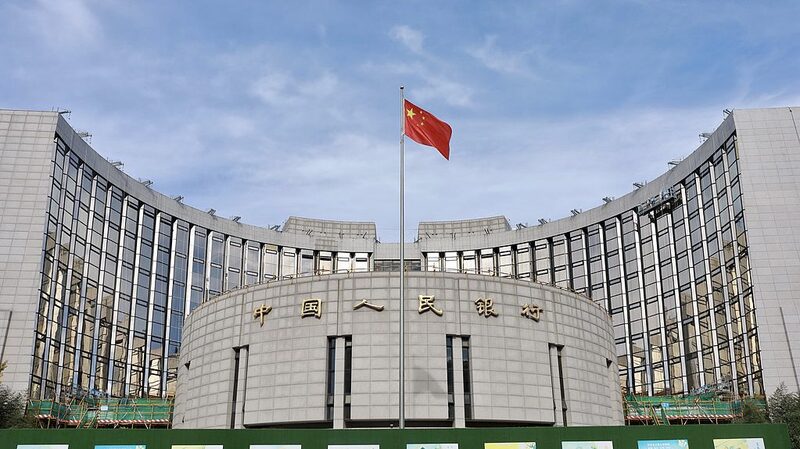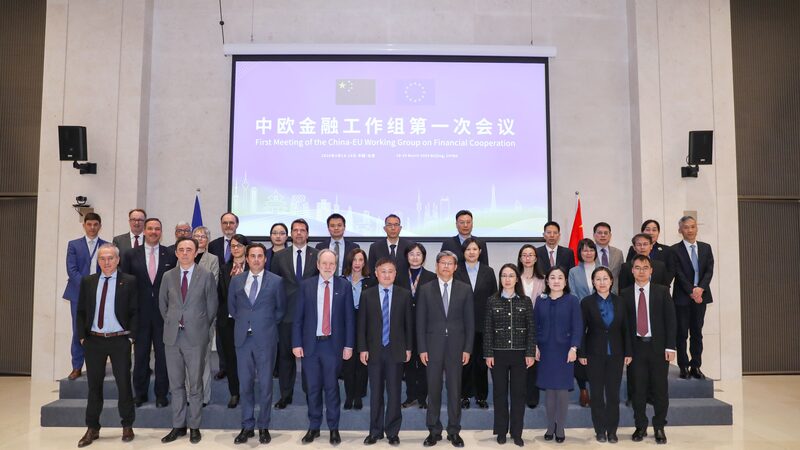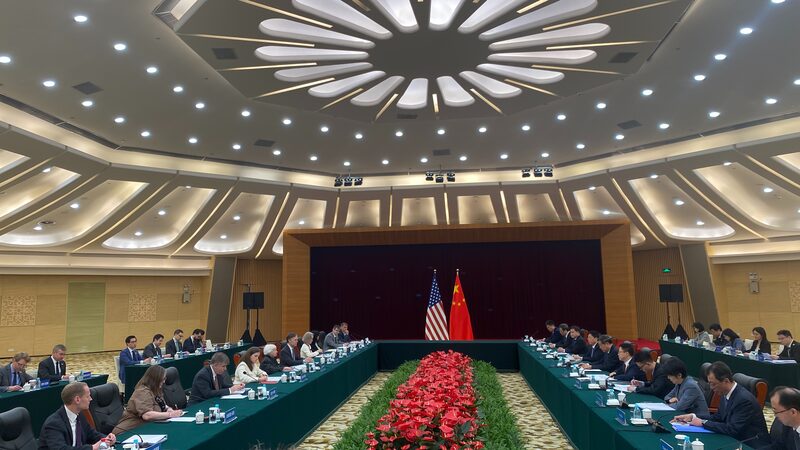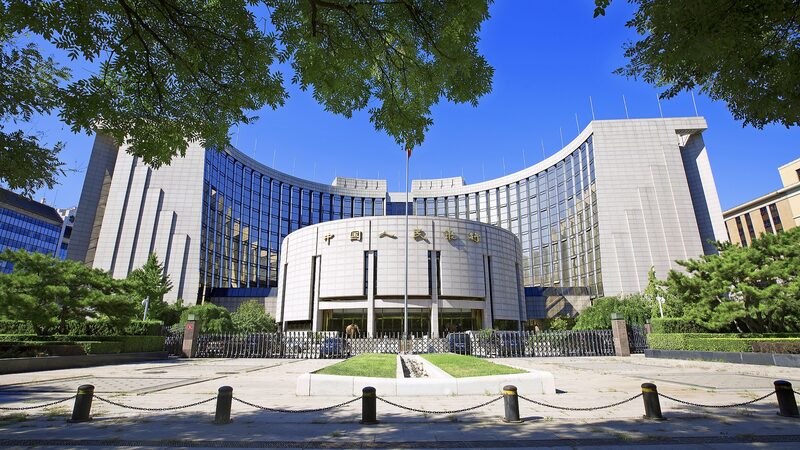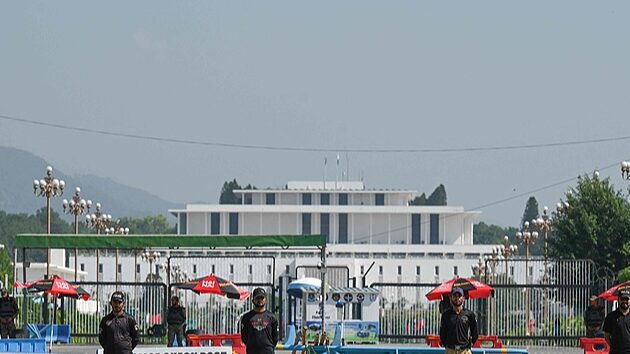China and the United States have taken a significant step towards strengthening their financial cooperation, engaging in discussions on monetary policy and financial stability in Washington, D.C. The talks were part of the fourth meeting of the Financial Working Group between the two nations, signaling a continued commitment to open dialogue amid global economic uncertainties.
The meeting, described as “professional, pragmatic, candid, and constructive” by China’s central bank, brought together senior officials and experts from both countries. The delegates delved into key issues such as financial regulatory cooperation, cross-border payment systems, anti-money laundering efforts, and combating the financing of terrorism—areas critical to the stability and integrity of the global financial system.
Co-chaired by Xuan Changneng, Vice Governor of the People’s Bank of China, and Brent Neiman, Deputy Under Secretary for International Finance at the U.S. Department of the Treasury, the discussions underscored the importance of collaboration between the world’s two largest economies. The two sides shared insights into their respective financial regulatory frameworks, with technical experts providing detailed reports to enhance mutual understanding.
Officials from China’s National Administration of Financial Regulation and China Securities Regulatory Commission participated alongside representatives from key U.S. institutions, including the Federal Reserve, the Securities and Exchange Commission, the Commodity Futures Trading Commission, and the Federal Deposit Insurance Corporation. The broad representation highlighted the comprehensive nature of the talks.
U.S. Treasury Secretary Janet Yellen also met with the Chinese delegation, emphasizing the high-level support for the ongoing dialogue. Both nations agreed to maintain open lines of communication, recognizing the importance of cooperation in addressing global financial challenges.
For business professionals, investors, and market analysts worldwide, these talks may signal potential shifts in financial policies and regulations that could influence international markets. Academics and researchers will likely observe the developments closely, as they could impact studies on global economic trends and financial stability.
As China and the U.S. navigate complex economic landscapes, their willingness to engage constructively offers a hopeful indicator for the future of international financial relations.
Reference(s):
China, U.S. discuss monetary policy, financial stability in Washington
cgtn.com
